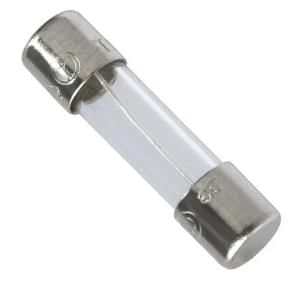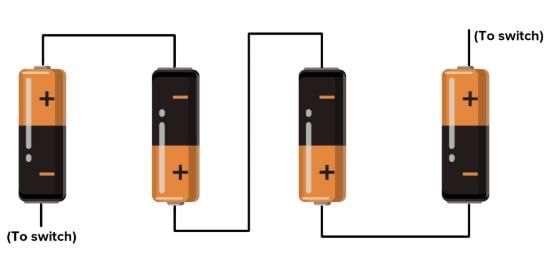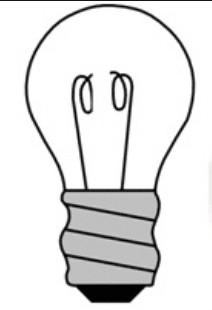UPSC Exam > UPSC Tests > Test: Electric Current & its Effects - UPSC MCQ
Test: Electric Current & its Effects - UPSC MCQ
Test Description
9 Questions MCQ Test - Test: Electric Current & its Effects
Test: Electric Current & its Effects for UPSC 2025 is part of UPSC preparation. The Test: Electric Current & its Effects questions and answers have been prepared
according to the UPSC exam syllabus.The Test: Electric Current & its Effects MCQs are made for UPSC 2025 Exam.
Find important definitions, questions, notes, meanings, examples, exercises, MCQs and online tests for Test: Electric Current & its Effects below.
Solutions of Test: Electric Current & its Effects questions in English are available as part of our course for UPSC & Test: Electric Current & its Effects solutions in
Hindi for UPSC course.
Download more important topics, notes, lectures and mock test series for UPSC Exam by signing up for free. Attempt Test: Electric Current & its Effects | 9 questions in 10 minutes | Mock test for UPSC preparation | Free important questions MCQ to study for UPSC Exam | Download free PDF with solutions
Test: Electric Current & its Effects - Question 1
A device which prevents or allows the current to flow through it
Detailed Solution for Test: Electric Current & its Effects - Question 1
Test: Electric Current & its Effects - Question 2
Which device is commonly used to prevent electrical circuits from overheating and causing fires?
Detailed Solution for Test: Electric Current & its Effects - Question 2
Test: Electric Current & its Effects - Question 3
What does a longer line represent in the symbol of an electric cell?
Detailed Solution for Test: Electric Current & its Effects - Question 3
Test: Electric Current & its Effects - Question 4
What happens to a compass needle when placed near a current-carrying wire?
Detailed Solution for Test: Electric Current & its Effects - Question 4
Test: Electric Current & its Effects - Question 5
When two or more cells are joined together, it forms a
Detailed Solution for Test: Electric Current & its Effects - Question 5
Detailed Solution for Test: Electric Current & its Effects - Question 6
Test: Electric Current & its Effects - Question 7
When the bulb gets fused what happens to the filament?
Detailed Solution for Test: Electric Current & its Effects - Question 7
Test: Electric Current & its Effects - Question 8
_________piece is attracted by an electromagnet.
Detailed Solution for Test: Electric Current & its Effects - Question 8
Test: Electric Current & its Effects - Question 9
Who discovered that when a compass needle is kept nearer to an electric circuit in which current is flowing ,it deflects.
Detailed Solution for Test: Electric Current & its Effects - Question 9
Information about Test: Electric Current & its Effects Page
In this test you can find the Exam questions for Test: Electric Current & its Effects solved & explained in the simplest way possible.
Besides giving Questions and answers for Test: Electric Current & its Effects, EduRev gives you an ample number of Online tests for practice
Download as PDF

















